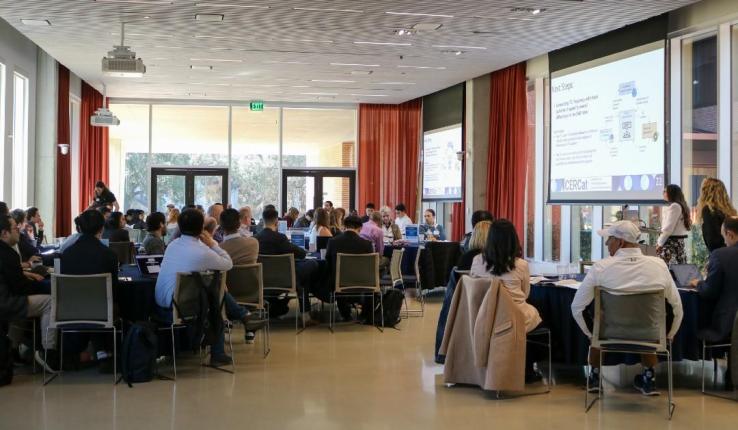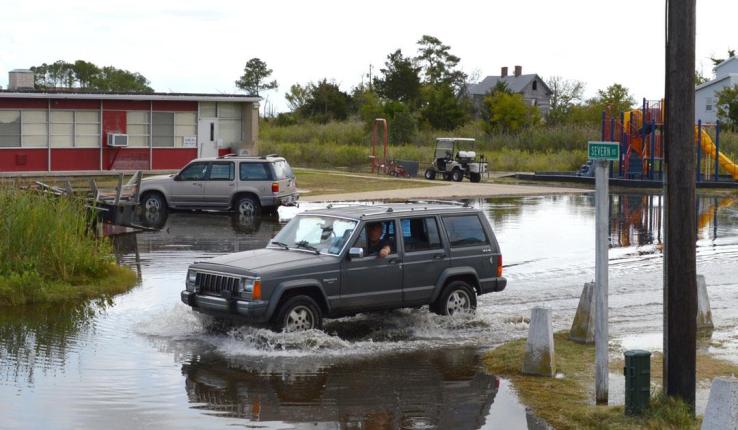A Tradition of Discovery
During his transformative tenure as Lehigh's eighth president, Martin Dewey Whitaker made a bold and ultimately crucial decision—one that would shape the future of the university and catapult it into an unprecedented era of discovery.
Whitaker, a world-renowned physicist, believed in the power of new knowledge to change the world for the better, and he believed, too, that if Lehigh was to maintain its position at the forefront of higher education, it needed to vastly expand its research enterprise. With the support of the board of trustees, Whitaker pushed forward on an ambitious plan to do precisely that.
Whitaker would go on to spend nearly half of the university's reserve funds to build new laboratories, hire new faculty, and create new programs to support the brilliant minds that were increasingly calling the university home. By the time of his passing in 1960, thanks to his keen vision and the steadfast support of Lehigh's trustees, the university he led had been completely and utterly changed: It was a bigger, stronger, more intellectually powerful Lehigh. It had become, in other words, a true research university.
More than a half-century later, Whitaker's investment continues to pay impressive dividends—not only for Lehigh, but for the world far beyond South Mountain as well.
Great research—important research—is deeply valued here at Lehigh. We take enormous pride in our ever-expanding efforts to support our faculty in their work because we believe in research as an agent of positive social, cultural, political and economic change. And we remain committed to fostering an environment in which our researchers are encouraged to take on the greatest of challenges, with the confidence that they can and will deliver the most innovative of solutions while also developing the next generations of researchers through our graduate students.
In the pages that follow, you will read about just some of the exciting scholarship and research that is happening here at Lehigh. From the social and natural sciences to the arts and humanities, from business to education, our faculty is engaged in work that we find fascinating, inspiring—even revolutionary. We have been consistently impressed and often amazed by their work, and we hope you will enjoy reading their stories.
Sincerely, John Simon
President
Pat Farrell
Provost
Posted on:




